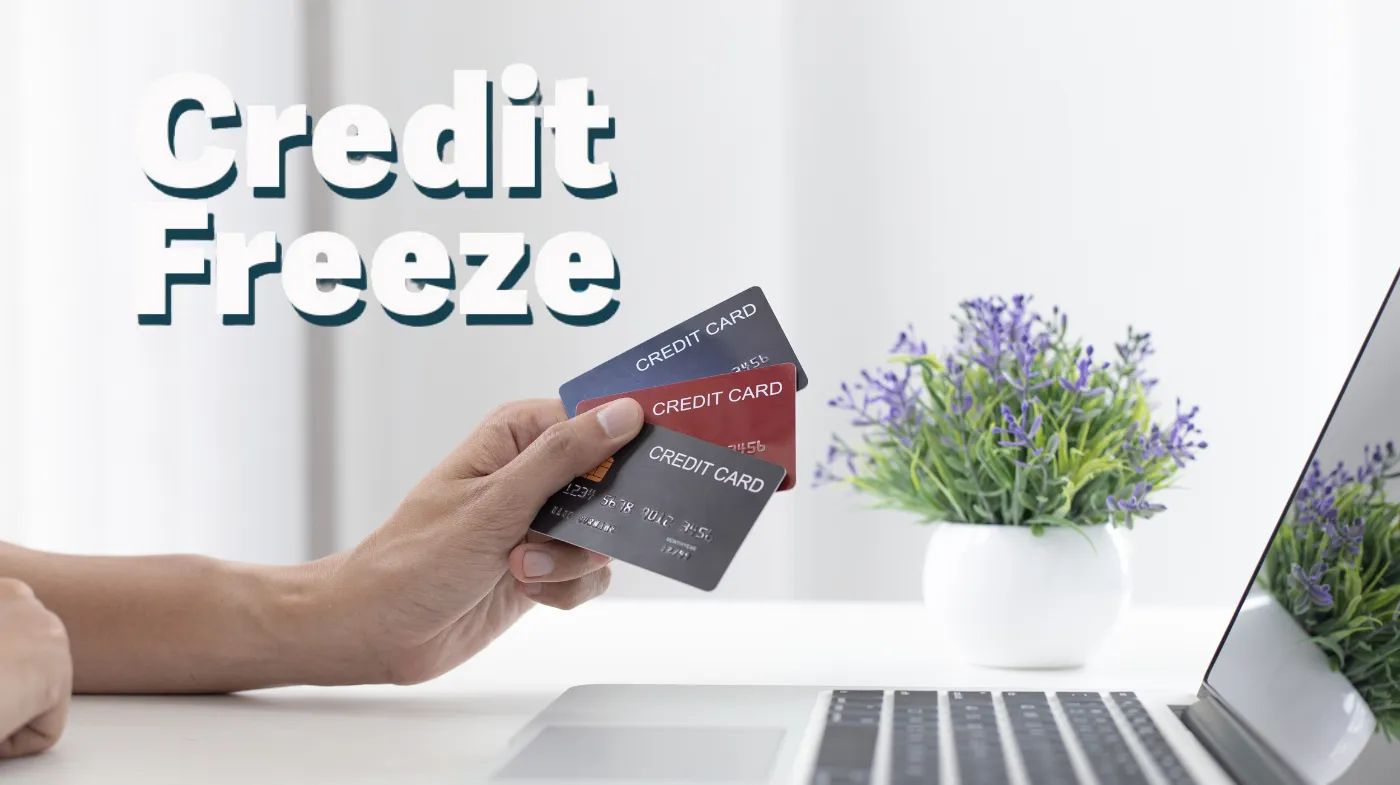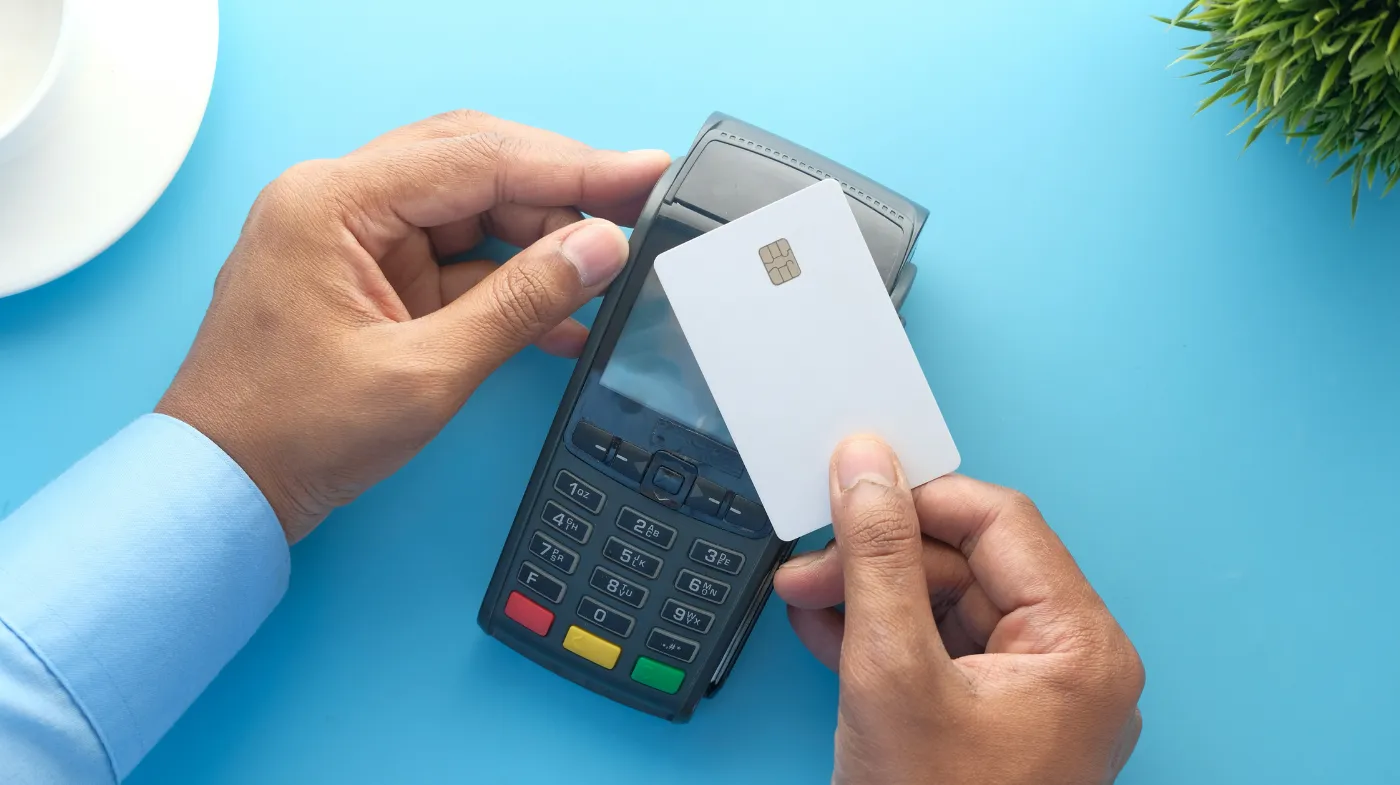
Data breaches expose millions of personal records daily, turning your most sensitive information into potential weapons for identity thieves. You may wonder whether freezing your credit is the right response after learning your data was compromised.
The simple answer is yes. Credit freezes create an impenetrable barrier against new account fraud, and they’re completely free. This comprehensive guide reveals some critical strategies that go beyond basic protection.
Discover why security experts recommend permanent credit freezes as standard practice, learn the exact steps for maximum protection, and understand the limitations that most people overlook. Your financial security depends on acting quickly and strategically.
Understanding Credit Freezes After Data Breaches
A credit freeze, also known as a security freeze, restricts access to your credit report, making it nearly impossible for identity thieves to open new accounts in your name. When your personal information is compromised in a data breach, criminals often attempt to exploit this data by applying for credit cards, loans, or other financial products using your stolen identity.
The freeze works by preventing creditors from accessing your credit history during the application process. Since most legitimate lenders require a credit check before approving new accounts, the inability to view your credit report typically results in automatic denial of fraudulent applications.
How Credit Freezes Protect Against Identity Theft?
There are multiple layers of protection that credit freezes provide against identity theft, creating a comprehensive security barrier that shields your financial identity from criminals who have obtained your personal information through data breaches.
Blocking New Account Fraud
Credit freezes prevent lenders from running hard credit checks, which effectively stops scammers from opening new accounts in your name. When criminals attempt to use your stolen information to apply for credit, the freeze acts as a digital roadblock that denies access to your credit report.
This protection extends to various types of credit accounts, including credit cards, mortgages, auto loans, and personal loans. Each failed attempt to access your frozen credit serves as an additional layer of security against fraudulent activity.
Maintaining Your Credit Score
One significant advantage of credit freezes is that they don’t impact your credit score or existing credit accounts. Your current credit cards and loans continue functioning normally, and your credit score can still improve through responsible payment behavior.
The freeze only affects new credit applications while allowing you to maintain full access to your existing financial relationships. This means you can protect against fraud without disrupting your current financial obligations.
The Three-Bureau Freeze Strategy
When you’re ready to implement comprehensive credit protection, the three-bureau freeze strategy becomes the cornerstone of your defense against identity theft, ensuring that criminals cannot exploit vulnerabilities in your financial profile regardless of which credit bureau they target.
Why All Three Bureaus Matter?
To maximize protection, you must freeze your credit with all three major credit bureaus: Experian, TransUnion, and Equifax. Different lenders may check different bureaus, so freezing only one or two bureaus leaves you vulnerable to fraud through the unfrozen bureau.
Each bureau operates independently, meaning a freeze with one doesn’t automatically apply to the others. This comprehensive approach ensures complete protection regardless of which bureau a fraudulent applicant targets.
Setting Up Individual Freezes
The process requires creating separate accounts with each credit bureau and requesting individual freezes. You’ll need to provide personal information, including your Social Security number and establish a PIN for future access. Online applications typically process faster than phone or mail requests.
When to Consider Freezing Your Credit?

Some critical situations and timeframes require immediate credit freeze action to prevent identity theft, with experts recommending specific scenarios when this protection becomes essential for safeguarding your financial security.
Immediate Response to Data Breaches
The ideal time to freeze your credit is immediately after learning of a data breach affecting your personal information. Major breaches involving companies like Ticketmaster, AT&T, and National Public Data have exposed millions of records, making proactive protection essential.
Don’t wait for signs of fraudulent activity on your accounts. Credit freezes work best as preventive measures rather than reactive responses to existing fraud.
Proactive Security Measures
Even without confirmed exposure in a data breach, many security experts recommend maintaining permanent credit freezes and using a password strength validator as standard cybersecurity practices. The convenience of temporary unfreezing when needed often outweighs the minor inconvenience of managing frozen credit.
Understanding the Freeze and Unfreeze Process
Temporary Access for Legitimate Applications
When you need to apply for legitimate credit, you can temporarily unfreeze or “thaw” your credit by contacting the relevant bureau. This process typically takes a few minutes to complete online, though you should plan ahead for time-sensitive applications.
You can specify exact timeframes for the unfreeze, allowing creditors access only during your intended application period before the freeze automatically reactivates. Combining this practice with strong measures like Windows Security further enhances your protection against unauthorized access and cyber threats.
Managing Multiple Applications
For major purchases involving multiple credit checks, such as home buying or car shopping, you might need to coordinate unfreezes across all three bureaus. Planning ahead ensures smooth processing of legitimate applications while maintaining fraud protection.
Complementary Security Measures
Enhanced Password Security
While credit freezes protect against new account fraud, securing your existing accounts requires strong password practices. Using an online password generator creates cryptographically secure passwords that resist common hacking attempts. Tools like password strength validators help ensure your credentials meet modern security standards.
Combining credit freezes with robust password security creates multiple layers of protection against various types of identity theft. Consider implementing both six-digit password generators for PINs and comprehensive password management for online accounts.
Ongoing Account Monitoring
Credit freezes don’t prevent fraud on existing accounts, making regular monitoring of bank statements and credit reports essential. Watch for unauthorized transactions, new accounts, or changes to personal information that might indicate ongoing fraudulent activity.
Set up account alerts and review your free annual credit reports to catch any suspicious activity that bypasses your credit freeze protection.
Costs and Accessibility
Free Protection for Everyone
Credit freezes are completely free for all consumers at all three major credit bureaus. This includes both placing and removing freezes, making it an accessible security measure regardless of your financial situation.
The federal law requiring free credit freezes ensures that financial protection isn’t limited by economic barriers, making this crucial security tool available to everyone.
Special Considerations for Minors
Parents can freeze their children’s credit to prevent synthetic identity fraud, which commonly targets minors using their Social Security numbers. The process requires additional documentation, including birth certificates and proof of identity for both parent and child.
Limitations and Considerations

What Freezes Don’t Protect
Credit freezes don’t prevent fraud on existing accounts or protect against other forms of identity theft like tax fraud or medical identity theft. They specifically target new account fraud, leaving other vulnerabilities unaddressed.
Physical theft of credit cards and account takeovers can still occur despite frozen credit, emphasizing the need for comprehensive security measures beyond just credit freezes.
Planning for Future Credit Needs
The main inconvenience involves planning ahead for legitimate credit applications. Whether applying for a mortgage, auto loan, or credit card, you’ll need to remember to unfreeze your credit before submitting applications.
Some people find the extra steps required for unfreezing create minor delays in their financial planning, though most consider this inconvenience worthwhile for the security benefits.
Frequently Asked Questions
How Long Does It Take to Freeze My Credit?
Credit freezes typically take effect within minutes when completed online. Phone and mail requests may take longer to process, but online applications with all three bureaus can usually be completed within an hour.
Will Freezing My Credit Affect My Current Credit Cards?
No, credit freezes don’t affect existing accounts or your current credit score. Your existing credit cards, loans, and other accounts continue functioning normally, and you can still make payments and use your cards as usual.
Can I Still Check My Own Credit Report?
Yes, you can always access your own credit reports even when frozen. The freeze only prevents third parties from accessing your credit information for new account applications, not legitimate requests from you or companies with existing relationships.
What Happens If I Forget My PIN?
Each credit bureau has procedures for PIN recovery that typically involve verifying your identity through personal questions or documentation. You can contact the bureaus directly if you lose access to your PIN or online account credentials.
Act Now: Protect Your Identity with a Credit Freeze
Credit freezes represent one of the most powerful tools available for protecting your identity after a data breach. The combination of complete fraud prevention for new accounts, zero cost, and no impact on existing credit makes freezing an obvious choice for most consumers.
Don’t wait until you become a victim of identity theft to take action. The few minutes required to freeze your credit with all three bureaus today could save you months of hassle and thousands of dollars in fraudulent charges tomorrow.
